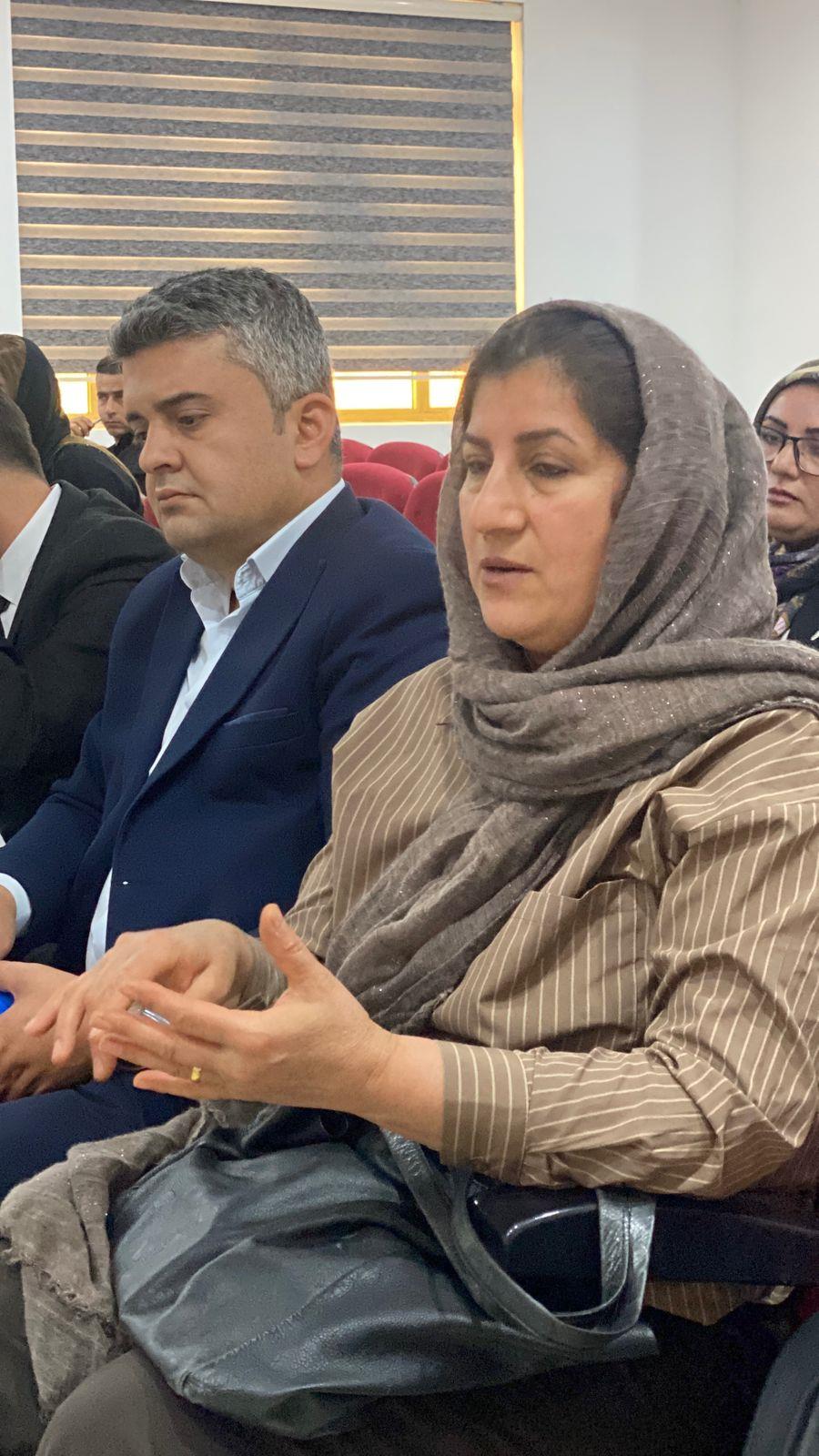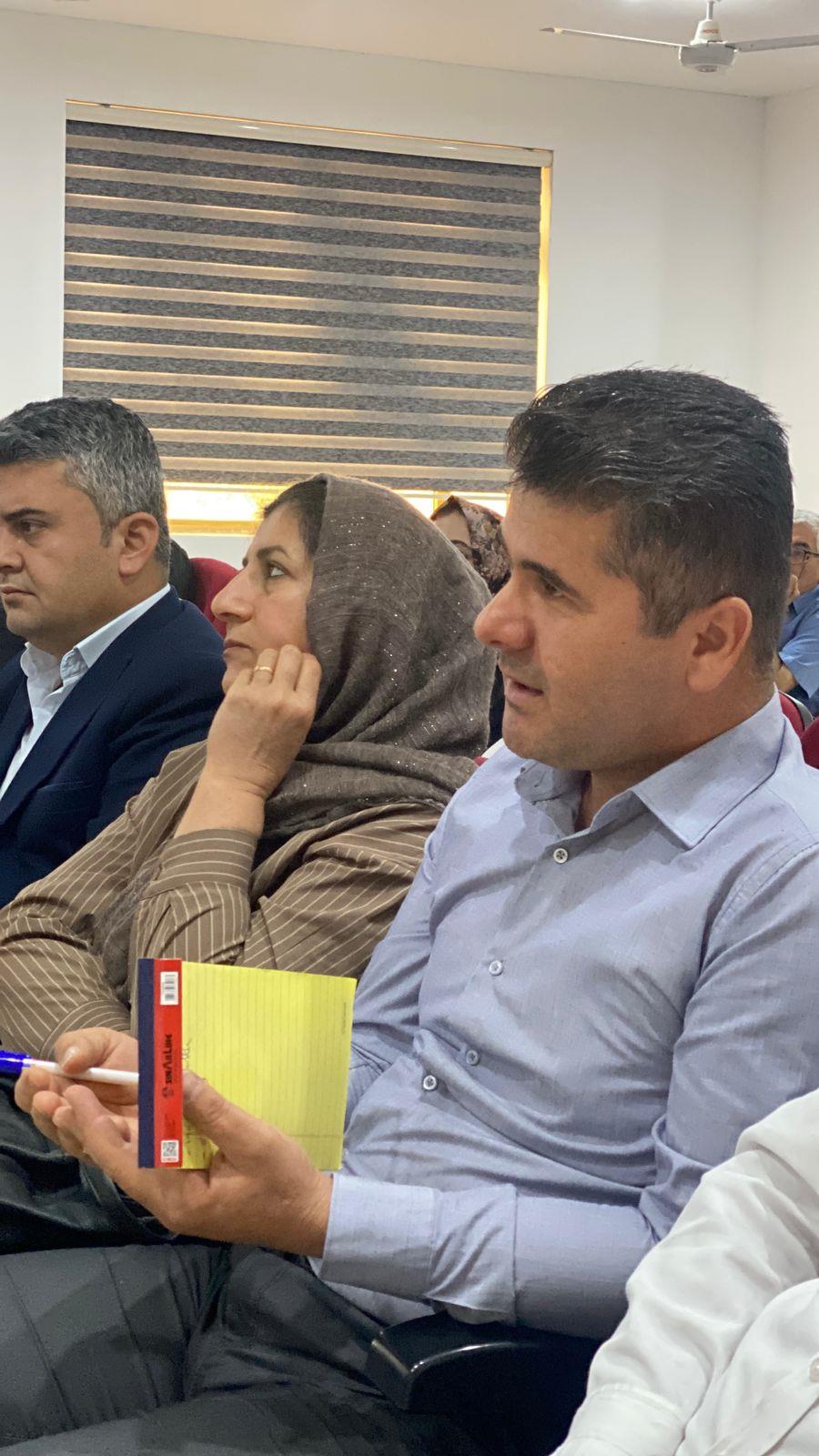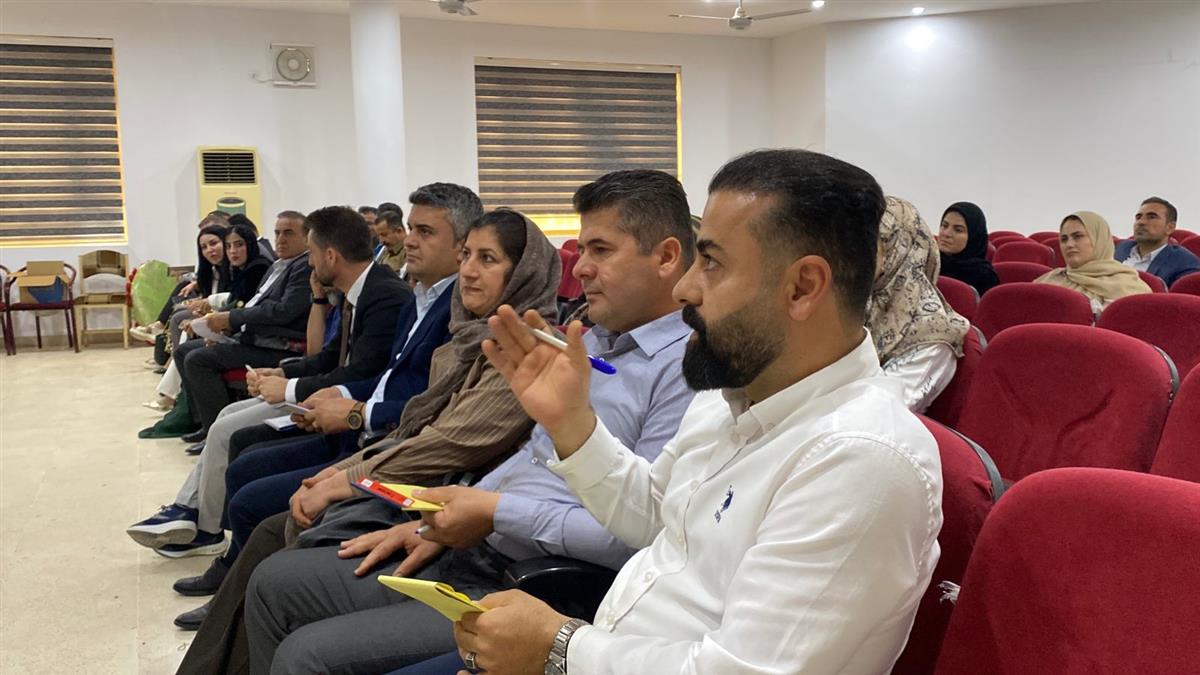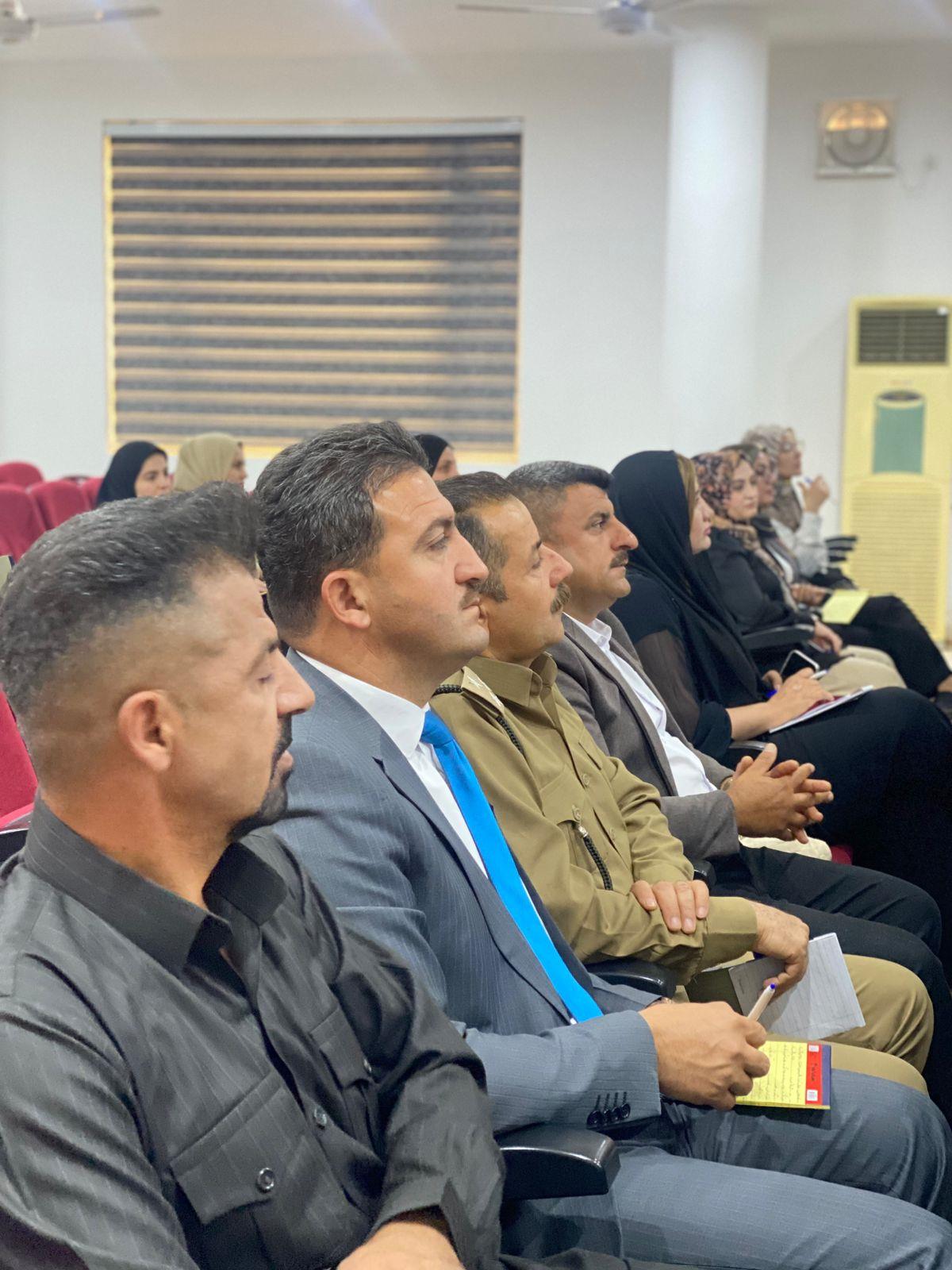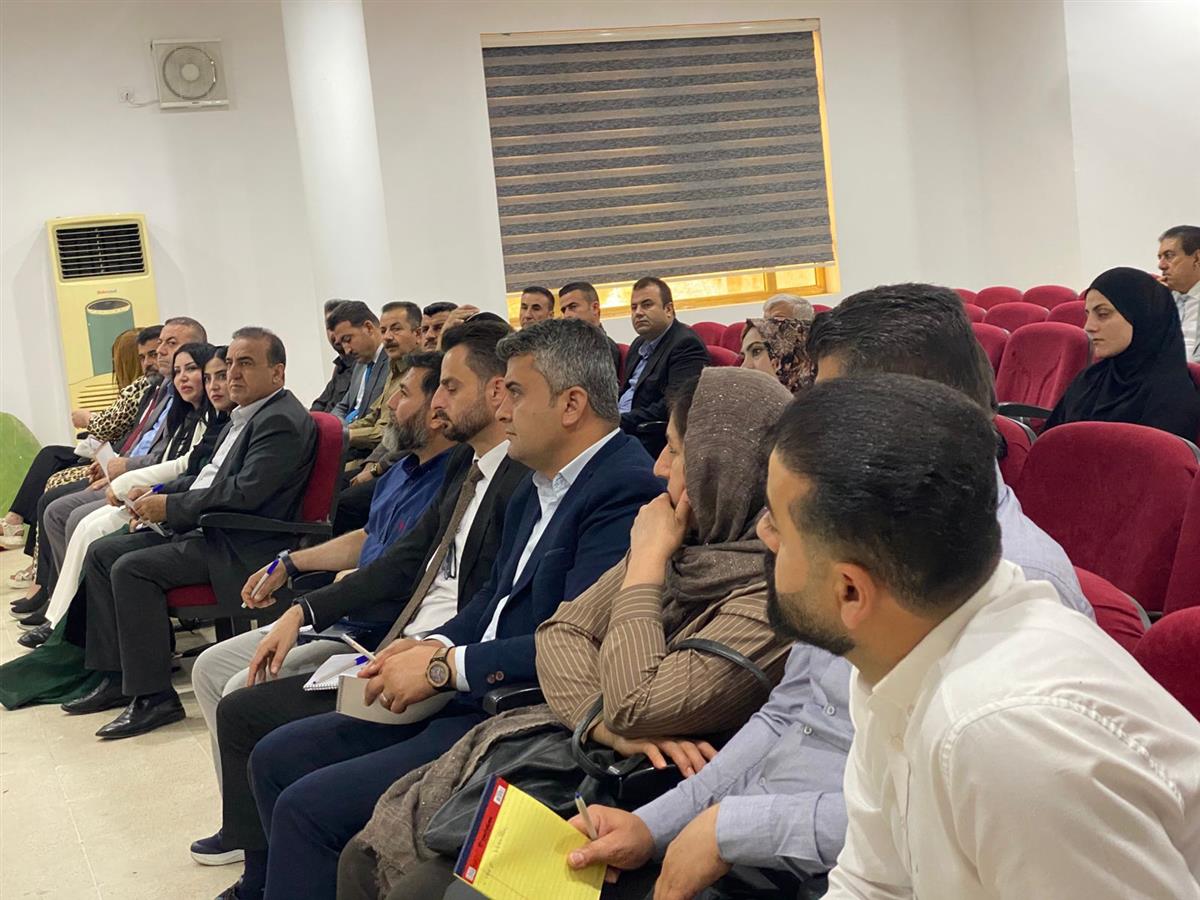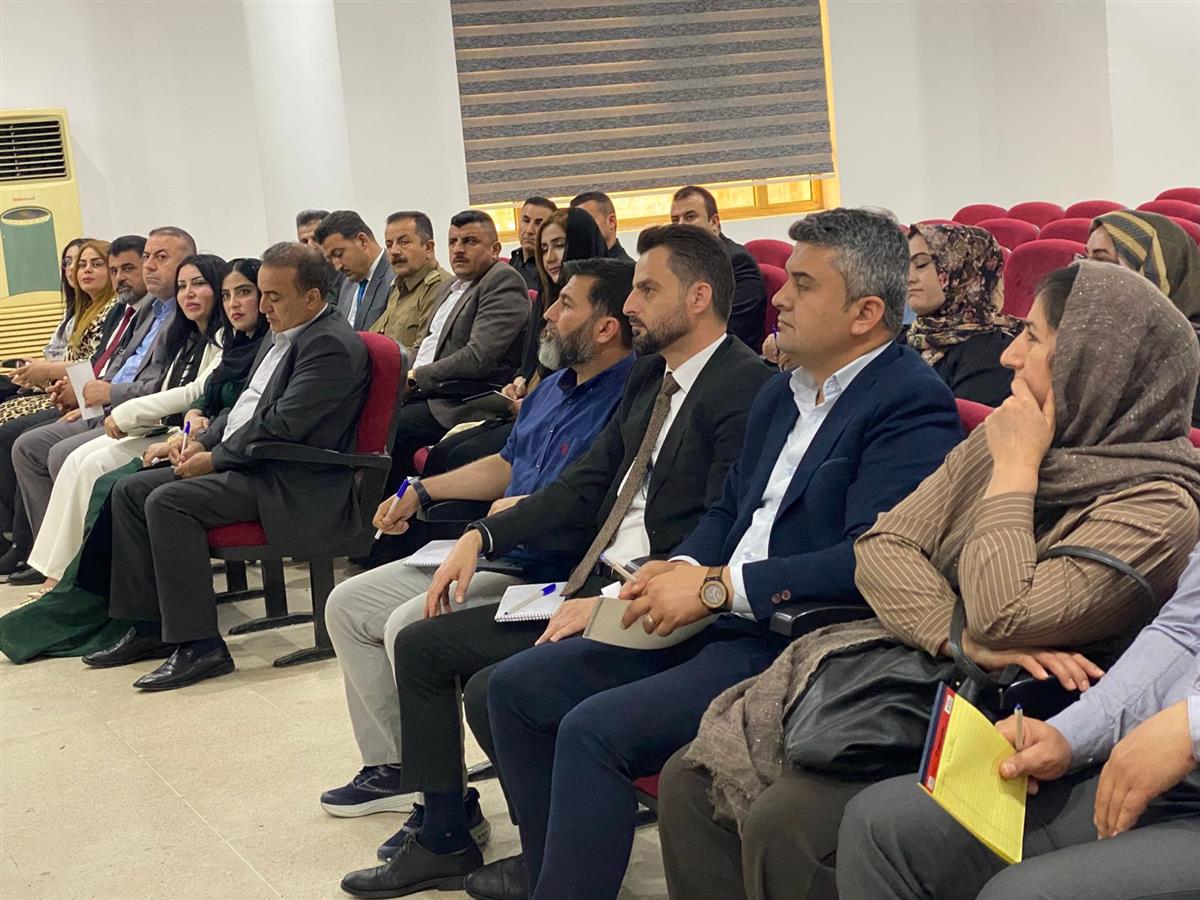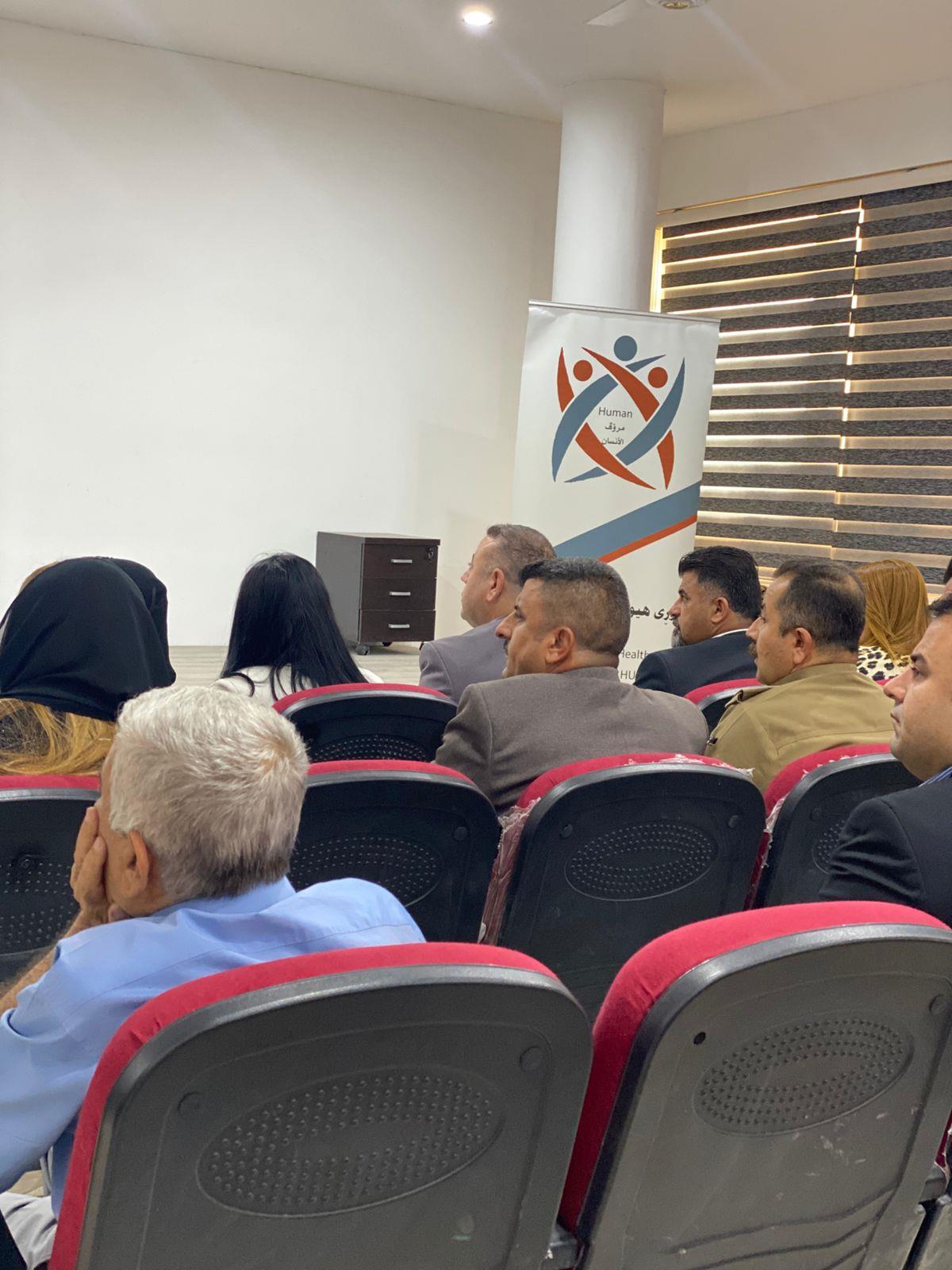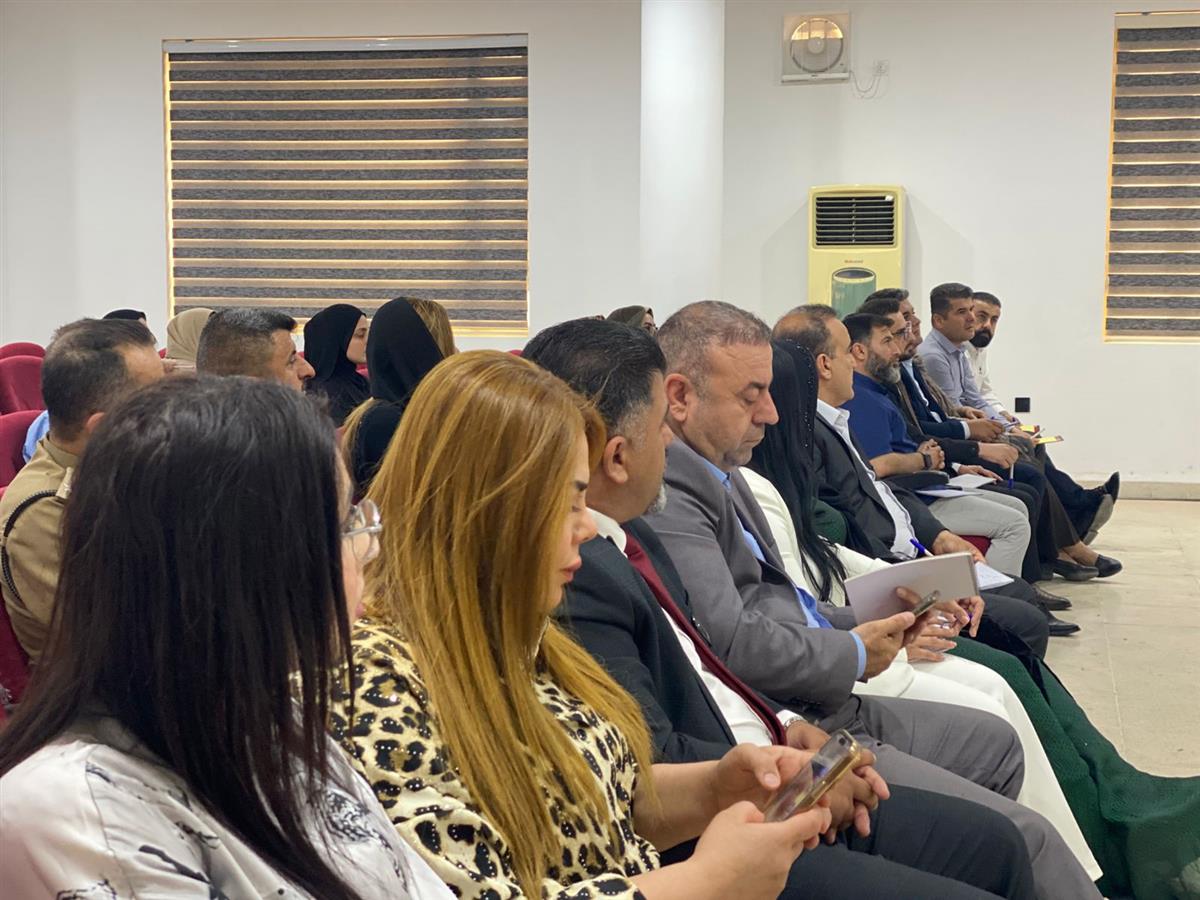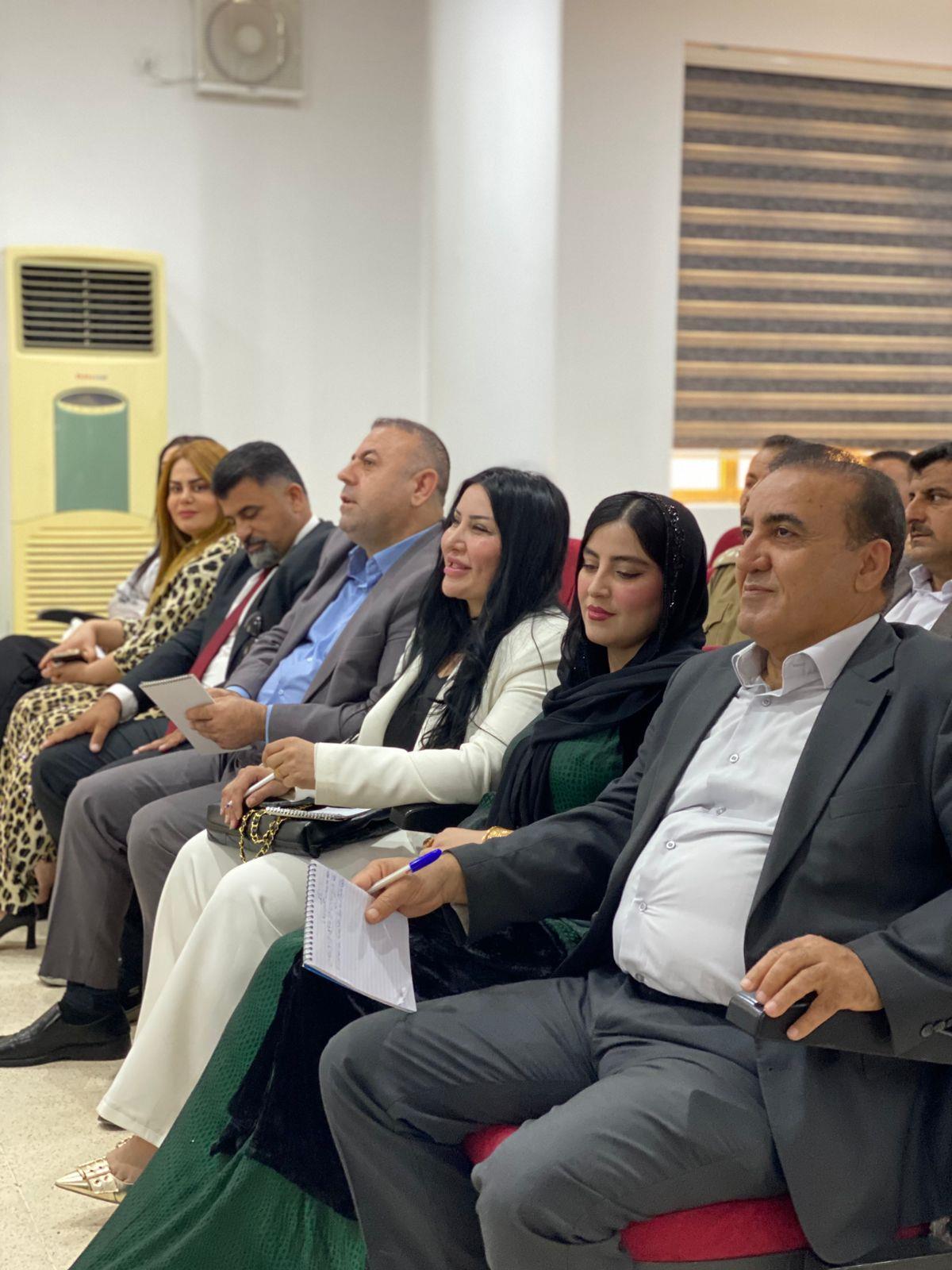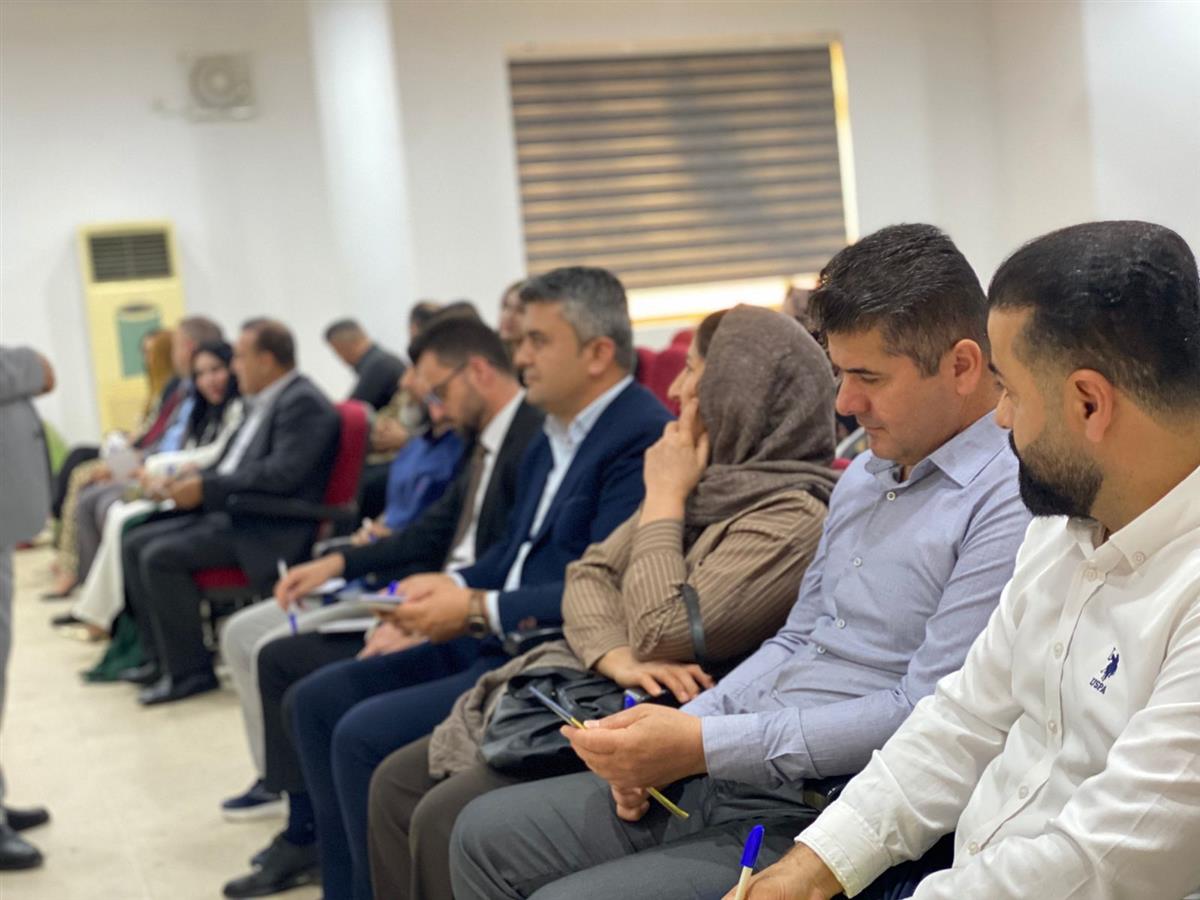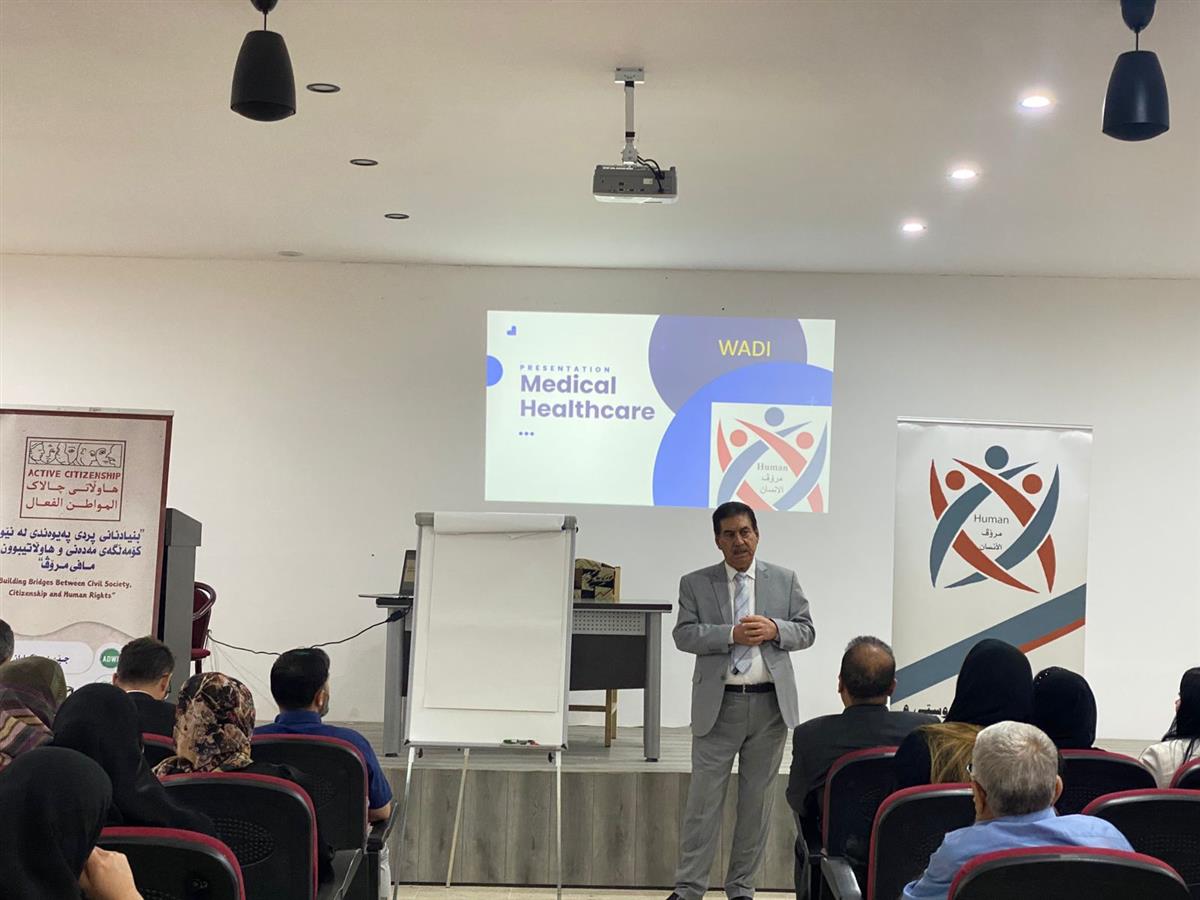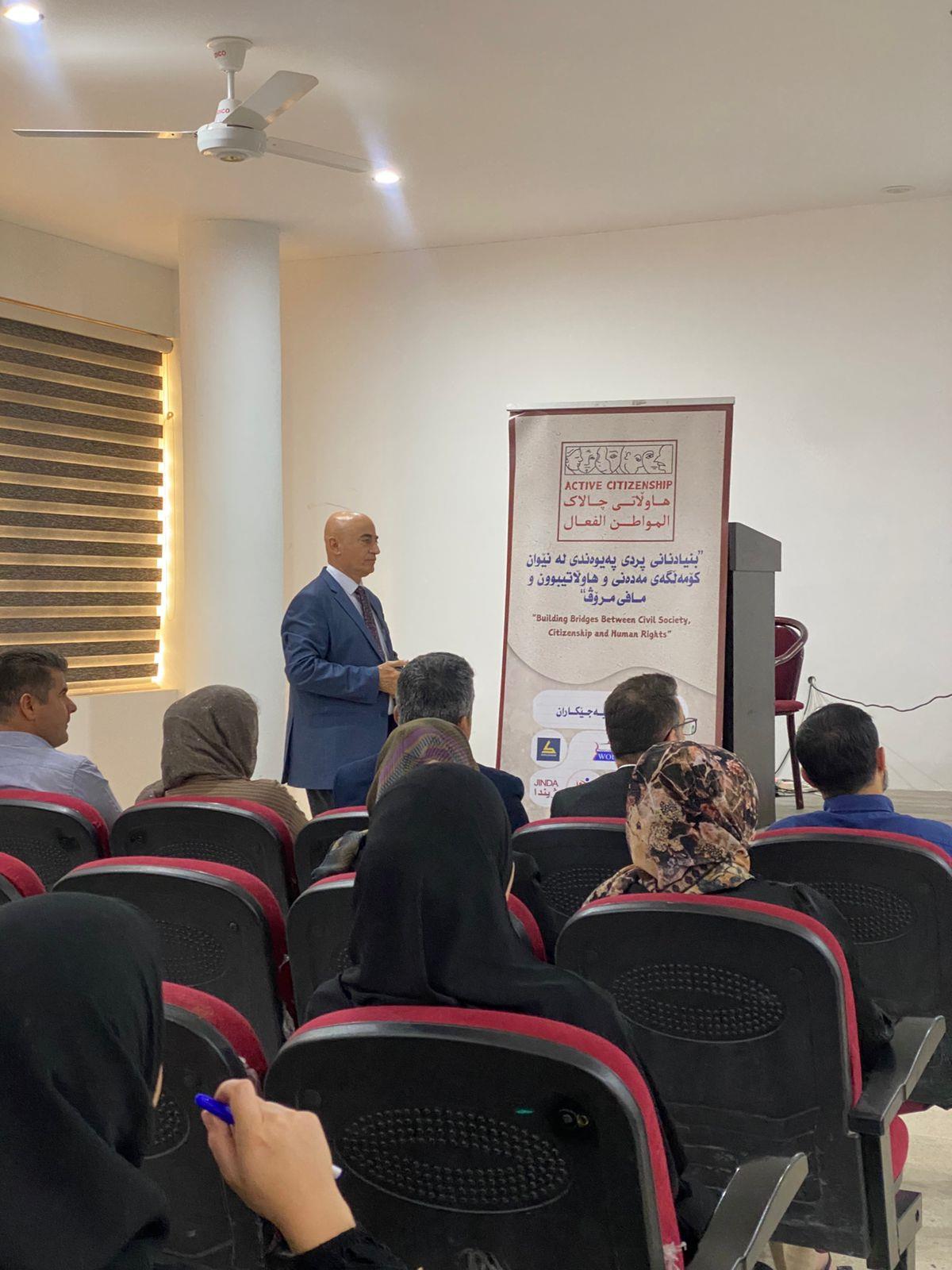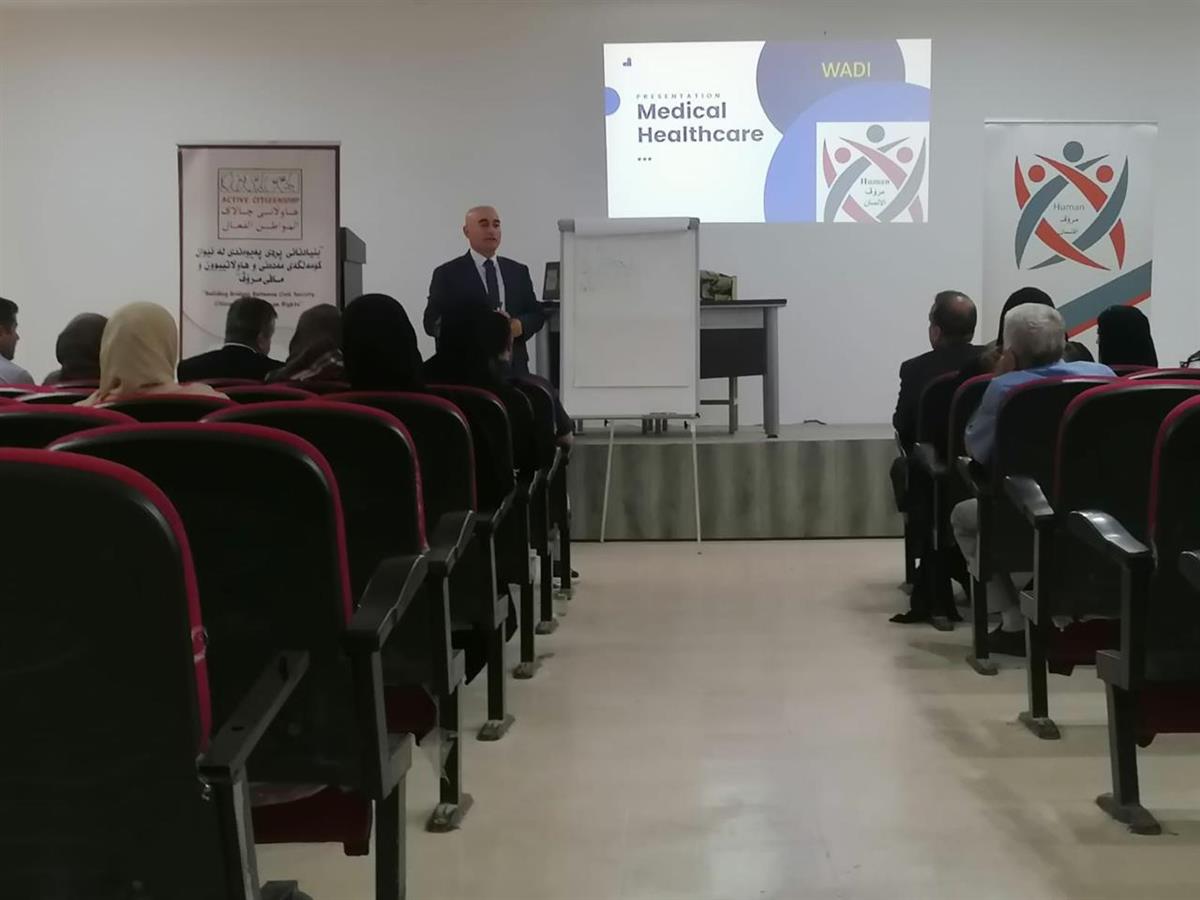General Meeting about the Health Situation in Raparin Administration
2025-05-18
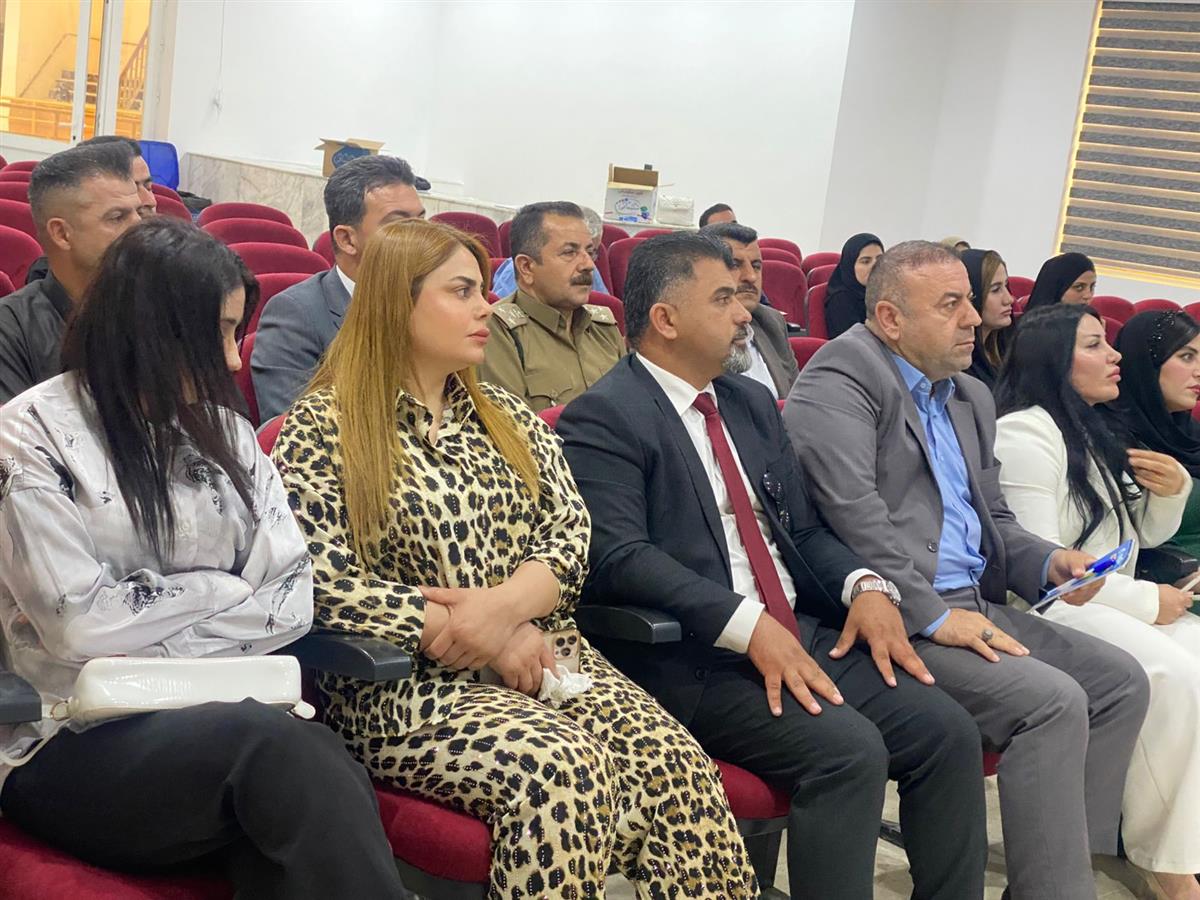
Date: May 13, 2025
Location: Rania – Raparin Administration
Organizer: Human Network for Health and Humanitarian Work
1. Local Context
The Raparin Administration in the Kurdistan Region of Iraq faces several challenges in the health sector, including poor healthcare infrastructure, a shortage of medical staff, lack of specialized medical services, and a scarcity of medicines and supplies. There is also a disparity in the quality of healthcare between urban and rural areas. Healthcare facilities are under growing pressure due to population growth and increasing rates of chronic diseases.
2. Objective of the Activity
The meeting aimed to:
- Assess the current health situation in Raparin.
- Gather perspectives from various stakeholders: medical personnel, government officials, civil society organizations, and academics.
- Analyze challenges and propose practical recommendations to improve healthcare services.
- Strengthen collaboration between the public sector and civil society to support the local health system.
3. Activity Summary
Participants included:
- Doctors and medical staff from various healthcare institutions.
- Representatives from the Directorate of Health.
- Local government officials.
- Active civil society organizations in the health sector.
- Academics and community figures from the region.
The meeting included presentations on public health indicators and open discussions on key issues such as staff shortages, weak coordination, and lack of equipment and supplies. Proposals were made to strengthen partnerships and enhance the quality of services in health centers.
4. Participant Feedback
- Medical staff: Expressed appreciation for being involved in the discussion but highlighted their daily struggles and lack of support.
- Civil society organizations: Confirmed their readiness to contribute to awareness campaigns and coordination with government entities.
- Academics: Emphasized the importance of field research to identify health priorities.
- Local officials: Welcomed the initiative and stressed the need for follow-up and implementation mechanisms.
5. Highlighted Challenges
- Severe shortage of doctors and specialized staff.
- Weak funding allocated to the health sector.
- Lack of a clear system for managing health emergencies.
- Absence of accurate data for evidence-based decision-making.
- Poor communication between official health authorities and civil society.
6. Activity Evaluation: Was it successful?
The activity can be considered successful in several ways:
- It provided a comprehensive platform for dialogue among various stakeholders.
- It highlighted urgent priorities that require joint action.
- It reinforced community engagement in evaluating the health system.
- Practical and actionable recommendations were made that require further follow-up.
However, the true success of the activity depends on whether the recommendations will be translated into clear action plans and receive the necessary institutional support.
Final Recommendations
- Form a follow-up committee from the participating entities to monitor implementation.
- Organize specialized workshops to build the capacity of health workers.
- Enhance regular health data collection and analysis.
- Encourage partnerships between the public sector and non-governmental organizations.
